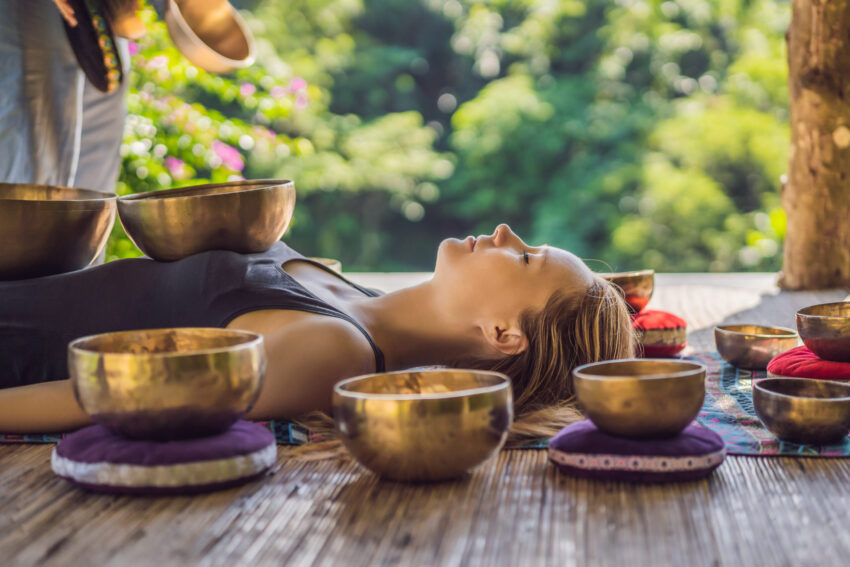Rituals have been a fundamental aspect of spiritual paths across cultures and epochs, serving as tangible expressions of intangible beliefs. They provide a sense of purpose, connect individuals to something greater than themselves, and offer a framework for personal spiritual growth. In this blog post, we’ll delve into various rituals and ceremonies from different spiritual traditions, examining their purposes and exploring how they can be adapted for personal spiritual practice.
The Essence of Rituals
Rituals are more than just repetitive actions; they are meaningful practices imbued with spiritual significance. Here’s why they matter:
Creating Sacred Spaces: Rituals mark the boundary between the mundane and the sacred, allowing individuals to transcend everyday life.
Strengthening Community Bonds: Shared rituals foster a sense of community and belonging among participants.
Facilitating Transitions: Rituals often mark significant life changes, helping individuals navigate through different phases of life.
Invoking the Divine:Rituals serve as a bridge between humans and the divine, making the intangible presence of higher powers more accessible.
An Exploration of Rituals Across Traditions
1.Native American Sweat Lodge Ceremonies
Sweat lodge ceremonies are purification rituals that involve sitting in a heated, enclosed space while prayers and songs are offered. These rituals are designed to cleanse the body and spirit, facilitate healing, and connect participants with their ancestors.
Adaptation for Personal Practice:
Create a personal purification ritual through a hot bath or sauna session. Set an intention before you begin, and use the time to meditate or pray.
2. Hindu Puja (Worship)
Puja is a devotional ritual that includes offerings of flowers, food, and incense to deities. It is performed to seek blessings, express gratitude, and establish a personal connection with the divine.
Adaptation for Personal Practice:
Designate a small altar space in your home with objects that hold spiritual significance to you. Light a candle or incense, and spend a few minutes each day offering gratitude and setting positive intentions.
3. Christian Eucharist (Holy Communion)
The Eucharist is a central Christian rite that commemorates the Last Supper, involving the consecration and consumption of bread and wine. It symbolizes the presence of Christ and the unity of believers.
Adaptation for Personal Practice:
You can create a simple ritual of gratitude at meals. Before eating, take a moment to reflect on the sources of your food and offer thanks.
4. Buddhist Meditation and Chanting
Buddhist rituals often include meditation and chanting. Meditation helps in cultivating mindfulness and inner peace, while chanting sacred texts and mantras aids in focusing the mind and invoking spiritual energies.
Adaptation for Personal Practice:
Incorporate a daily meditation routine, even if it’s just for a few minutes. Try chanting a mantra that resonates with you or listening to Buddhist chants to enhance your practice.
5. Pagan Sabbats and Esbats
Pagan traditions celebrate Sabbats (seasonal festivals) and Esbats (full moons) with rituals that honor the cycles of nature. These rituals often include singing, dancing, and ceremonial offerings.
Adaptation for Personal Practice:
Mark the phases of the moon or seasonal changes with your own simple rituals. This could involve lighting candles, writing down your intentions, or spending time in nature.
Bringing Rituals into Your Personal Spiritual Practice
Bringing rituals into your personal spiritual practice doesn’t require elaborate preparation or specific religious affiliation. Here are a few tips to get started:
Set an Intention: Before performing any ritual, clearly state your purpose or what you hope to achieve.
Create a Sacred Space: Dedicate a quiet area free from distractions where you can perform your rituals.
Be Consistent: Regular practice is key to reaping the benefits of rituals.
Reflect and Adapt: After performing a ritual, take time to reflect on how it made you feel and adapt it as necessary to better suit your personal spiritual needs.
Conclusion
Rituals have the power to transform, heal, and connect us to the deeper aspects of our spiritual journey. By understanding their significance and adapting them to fit our personal practices, we can create meaningful experiences that nurture our spiritual growth. Whether through simple daily acts or more elaborate ceremonies, the essence of ritual lies in its ability to bring us closer to the sacred.
